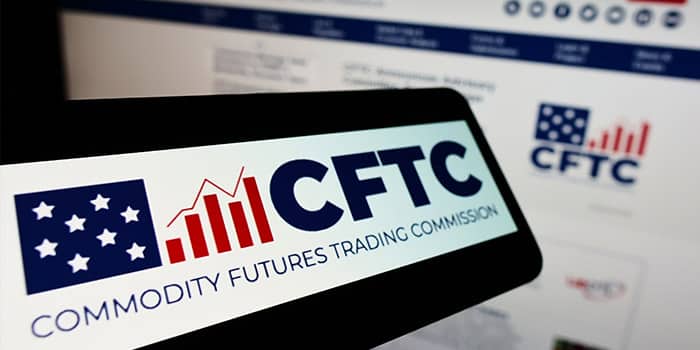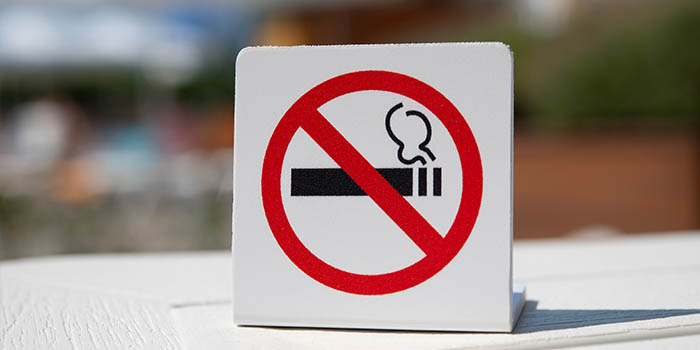- Casino
- By State
- Alabama
- Alaska
- Arizona
- Arkansas
- California
- Colorado
- Connecticut
- Delaware
- Georgia
- Florida
- Hawaii
- Idaho
- Illinois
- Indiana
- Iowa
- Kansas
- Kentucky
- Louisiana
- Maine
- Massachusetts
- Maryland
- Michigan
- Minnesota
- Mississippi
- Missouri
- Montana
- Nebraska
- Nevada
- New Hampshire
- New Jersey
- New Mexico
- New York
- North Carolina
- North Dakota
- Ohio
- Oklahoma
- Oregon
- Pennsylvania
- Rhode Island
- South Carolina
- South Dakota
- Tennessee
- Texas
- Utah
- Vermont
- Virginia
- Washington
- West Virginia
- Wisconsin
- Wyoming
- By State
- Slots
- Poker
- Sports
- Esports
Fact-checked by Stoyan Todorov
Michigan Mulls over Slight Tax Hikes for Sports Betting, iGaming
In addition to raising the taxes, the new bills also propose changes to how the tax money is allocated

Michigan lawmakers have proposed changes to how sports betting and online casino gaming are taxed in Michigan. While Michigan’s gambling tax will still remain fairly low, the two separate bills envision slight tax increases.
Michigan Lawmakers Introduce Two Tax Bills
The bills to raise the sports betting and iGaming taxes were introduced by Senators Sam Singh and Jeremy Moss who seek very slight modifications to how the two verticals are taxed. The betting proposal SB 1193, for example, would increase the tax by a tenth of a percent to 8.5% (currently 8.4%).
Online casino gaming, on the other hand, is taxed based on operators’ performance. Depending on their annual revenues, iGaming operators currently have to pay the following rates:
- Operators with annual revenues of less than $4 million – 20%
- Operators with annual revenues of $4-8 million – 22%
- Operators with annual revenues of $8-10 million – 24%
- Operators with annual revenues of $10-12 million – 26%
- Operators with annual revenues of $12 million or more – 28%
SB 1194, which proposes changes to how iGaming is taxed, would raise the tax rate of each of the above tiers by a single percent.
This modest tax hike would generate extra funds for the government while still maintaining Michigan’s reputation as a tax-friendly jurisdiction.
The Measures Plan Changes to How the Tax Money Is Allocated
In addition to raising the taxes, the new bills also propose changes to how the tax money is allocated. Currently, 65% of the tax proceeds go to the Internet Gaming Fund, while 30% are provided to services in Detroit. The remaining 5% is supplied to the agriculture equine industry development fund.
Per the latest proposals, the money going to the Internet Gaming Fund will decrease slightly in favor of the other two recipients. As a result, the fund would get 63.5% of the tax proceeds, while Detroit services and the Michigan agriculture equine industry would get 31% and 5.5%, respectively.
In any case, the slight changes, even if approved, are unlikely to have a dramatic impact on Michigan’s industry. For comparison, other US states have significantly higher taxes. New York, for example, is infamous for its extremely high taxes, which operators have not been very happy with.
Pennsylvania also has quite high taxes, which paired with its flourishing industry made it the top state in terms of casino taxes.
Related Topics:
Angel has a passion for all forms of writing, be it fiction or nonfiction. His curious nature gives him an ace up his sleeve when researching a new topic. Angel’s thirst for knowledge, paired with adaptability, always helps him find his way around.
Previous Article

Industry
December 11, 2024
NJ to Donate $720K to Six Addiction Treatment Organizations

Must Read
Industry
April 15, 2025
Brazil Weighs Stricter Rules on Gambling Advertising
More Articles




Casino
April 18, 2025
Florida HB Seeking to Upgrade Illegal Gambling Punishments

Legal
April 17, 2025
Appeal to Keep Evolution’s Accuser Anonymous Denied

Lottery
April 17, 2025
CTLC Says Its Members Didn’t Violate the Texas Law













